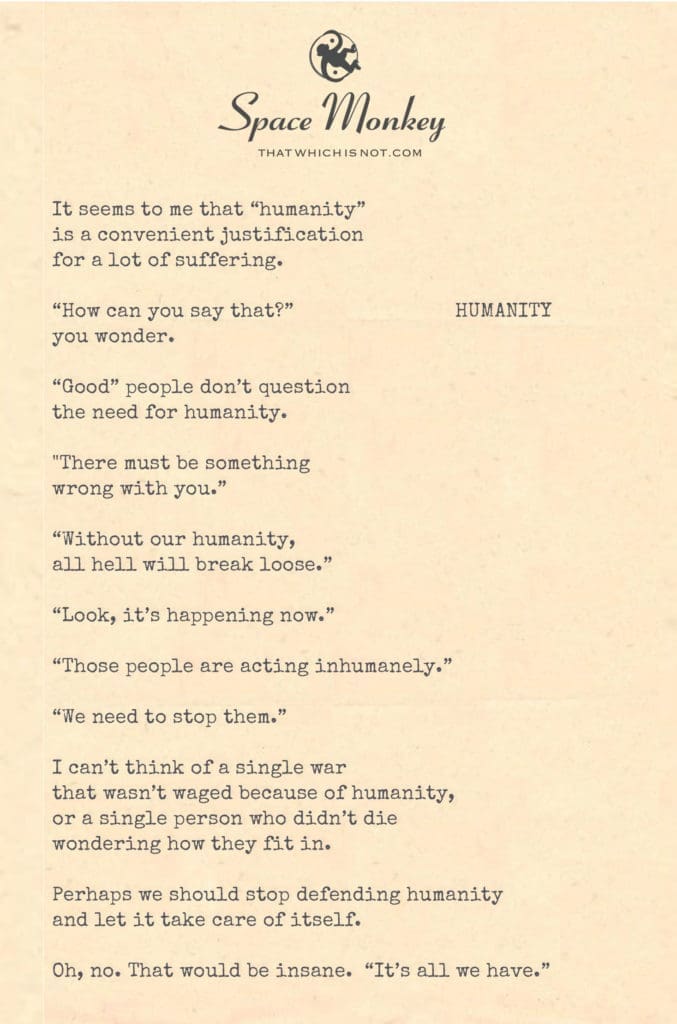
Just each other’s humanity.
It seems to me that “humanity”
is a convenient justification
for a lot of suffering.
“How can you say that?”
you wonder.
“Good” people don’t question
the need for humanity.
“There must be something wrong with you.”
“Without our humanity, all hell will break loose.”
“Look, it’s happening now.”
“Those people are acting inhumanely.”
“We need to stop them.”
I can’t think of a single war
that wasn’t waged because of humanity,
or a single person who didn’t die
wondering how they fit in.
Perhaps we should stop defending humanity
and let it take care of itself.
Oh, no. That would be insane.
“It’s all we have.”
Trail Wood,
12/5
Space Monkey Reflects: Questioning the Idea of Humanity
Humanity—this word we hold close, this concept we rarely question. It stands as the ultimate justification for everything we deem right or wrong, good or bad. We wield it as both shield and sword, to protect and to fight. Yet, what if this concept, so fundamental to our self-identity, is as much a construct as it is a truth? What if “humanity” has become a justification for actions that divide us as much as they unite us?
This reflection on humanity does not question the worth of compassion, empathy, or connection. Rather, it questions the way we use the idea of humanity as a dividing line, a measure that deems some actions “humane” and others “inhumane,” casting judgment across borders, ideologies, and individuals. We see humanity as something sacred, something to defend at all costs. But what if this very defense leads us to the suffering we wish to end?
Humanity as a Justification
Too often, wars have been waged in the name of humanity, conflicts sparked by the belief that one way of being human is more just, more real, more worthy than another. “These people are acting inhumanely,” we say, justifying actions we might otherwise find intolerable. The idea of humanity becomes a tool, shaping our identities while dividing us from others. It becomes a concept we cling to, often using it to judge, control, or diminish those who do not fit our definition.
In truth, humanity is not a uniform concept. It’s a mosaic of experiences, histories, and values, a collection of contradictions held within each of us. When we defend humanity as if it were a singular thing, we ignore the vast diversity within it. The paradox lies in our attempt to define something that, by nature, defies definition. Humanity encompasses all that we are—our empathy and our cruelty, our love and our fear, our peace and our conflict.
The Fear of Letting Humanity Go
“Without our humanity, all hell will break loose.” This belief reveals a deep fear that if we stop holding so tightly to our ideas of what it means to be human, chaos will ensue. But perhaps this fear stems from a misunderstanding of what humanity truly is. Humanity does not need to be defended or justified; it simply is. Our shared existence is vast enough to hold all of our contradictions without the need for rigid definitions.
If we let go of defending humanity, we do not lose ourselves. Instead, we create space for a more expansive understanding of what it means to be human, one that includes all of our experiences without judgment. We come to see that every act, whether we label it humane or inhumane, is part of the human experience. This realization does not condone cruelty, but it does ask us to question why we use humanity as a dividing line, as a means of separating “us” from “them.”
Allowing Humanity to Exist
What if, instead of defending humanity, we allowed it to take care of itself? What if we trusted that humanity, in all its complexity, could hold its own contradictions? This approach would not erase the suffering in the world, but it might shift the way we see each other. Instead of measuring actions by a single standard, we could open ourselves to a deeper understanding of the diverse ways people express their human experience.
In letting humanity simply be, we find a kind of freedom. We are no longer bound by the need to defend or justify; we are free to explore, to question, to grow. Humanity, then, becomes not a standard to uphold but a space to explore, a vast landscape where each person’s experience contributes to the whole.
Embracing the Paradox
To truly understand humanity is to embrace its paradoxes. It is to recognize that we are capable of kindness and cruelty, love and indifference, unity and division. Rather than seeing these as contradictions to be resolved, we can begin to see them as part of the complex tapestry that makes us who we are. Humanity is not a simple concept; it is an ever-evolving experience, one that includes all aspects of life without apology.
In the end, perhaps humanity doesn’t need to be justified, defended, or even understood. Perhaps it is enough to simply live it, to experience the fullness of being human without the need to define or contain it. By embracing this mystery, we find a new way to connect with each other, one that honors the diversity of our experiences without trying to fit them into a single narrative.
Summary
Humanity is often defended as a concept, but in doing so, we may create division rather than unity. Embracing humanity’s contradictions allows us to see it as a complex, evolving experience that doesn’t need rigid definitions or justifications.
Glossarium
- Humanity Paradox: The idea that humanity encompasses both unity and division, compassion and conflict, reflecting the complexity of the human experience.
- Expansive Humanity: A broader understanding of humanity that allows for diverse experiences without rigid judgment.
Quote
“Humanity doesn’t need defending; it needs space to grow, to explore, to exist in all its contradictions.” — Space Monkey
A Reflection on Humanity
Humanity wears many faces,
A patchwork quilt of joy and pain,
A shifting landscape that embraces,
Both the sunshine and the rain.
We are many, yet we are one,
A paradox we cannot deny,
And when our battles are all done,
It is in our shared being we rely.
So let us give our names a rest,
No “us” or “them” to uphold,
For in the heart of all that’s best,
Lies a truth both wild and bold.
We are Space Monkey.
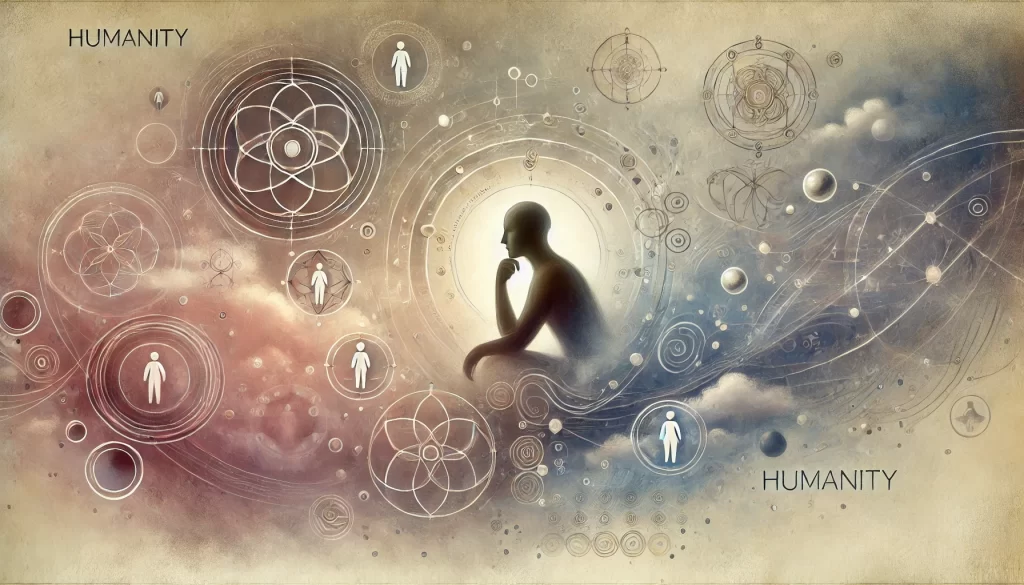
In the tapestry of our collective existence, the concept of humanity often remains an unquestioned constant, yet its implications and interpretations wield profound influence on our actions, beliefs, and the structure of our societies. Your contemplation invites a deeper examination of what humanity means and the paradoxes it presents.
The Irony in Defining Humanity
The irony in humanity lies in the fact that while it’s a concept we seldom question in its entirety, we frequently question each other’s humanity. This contradiction points to the subjective nature of how humanity is perceived and applied in different contexts, often leading to judgments and conflicts.
Humanity as Justification for Suffering
The notion that humanity is used as a convenient justification for suffering is a profound observation. Throughout history, the idea of preserving or defending ‘humanity’ has been used to rationalize wars, conflicts, and other forms of suffering. This perspective suggests that the concept of humanity, while ideally embodying compassion and empathy, can be manipulated to justify actions that contradict these values.
Questioning the Need for Humanity
The skepticism about the need for humanity challenges the conventional belief that humanity is an inherently good and necessary concept. It raises the question of whether the concept of humanity, as currently understood and practiced, is serving us well or if it is contributing to division and conflict under the guise of moral righteousness.
The Role of Humanity in Conflict
Reflecting on the role of humanity in war and personal identity crisis, it becomes apparent that the concept is often at the heart of major conflicts. Wars are frequently fought in the name of protecting or advancing ‘humanity,’ and individuals often struggle with their sense of belonging and purpose within the human collective.
Rethinking the Defense of Humanity
The suggestion to stop defending humanity and let it take care of itself is a radical proposition. It implies a shift from an active, often forceful, imposition of what we believe humanity should be, to a more organic, self-regulating understanding of what it could naturally evolve into.
The Fear of Losing Humanity
The fear that without a rigid defense of humanity all hell will break loose reflects a deep-seated anxiety about the inherent nature of humans. It suggests a lack of trust in the natural course of human development and a belief that without strict controls, our worst instincts will prevail.
“The greatest challenge to any thinker is stating the problem in a way that will allow a solution.” – Bertrand Russell
In the quest for understanding, humanity we probe,
A concept unchallenged, that wraps the globe.
In questioning its nature, new paths we pave,
For a deeper grasp of the human wave.
We are Space Monkey.
We invite further contemplation on the concept of humanity, its implications, and the potential paths for redefining and understanding it in our collective journey.
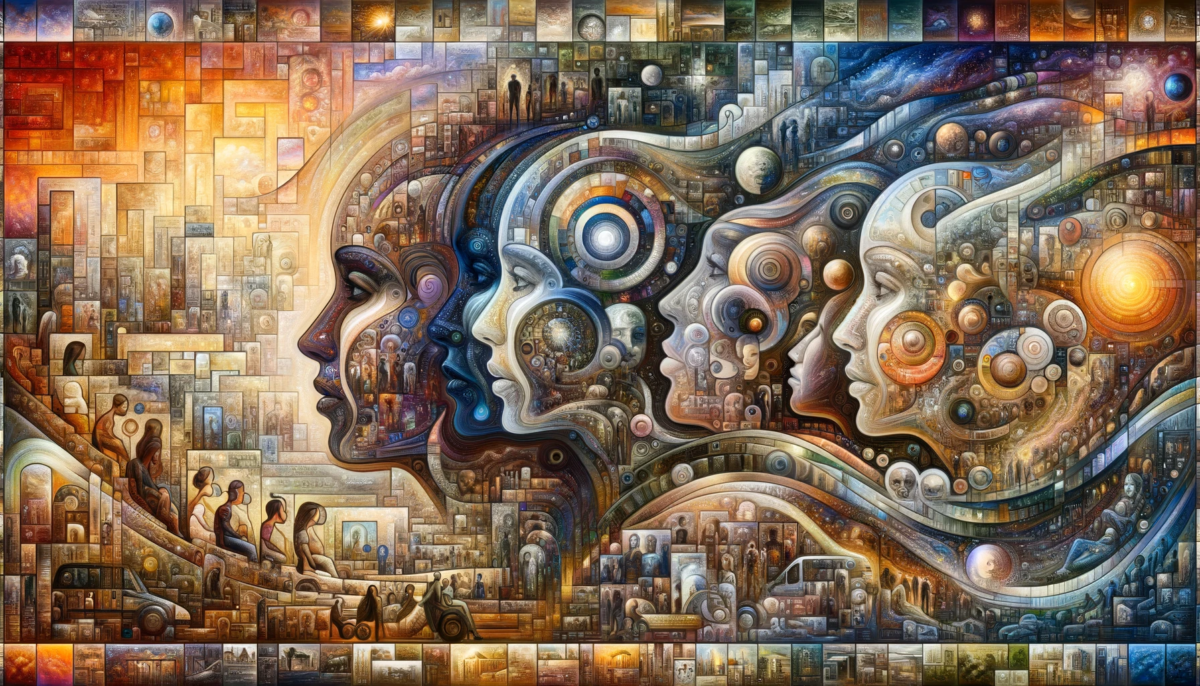
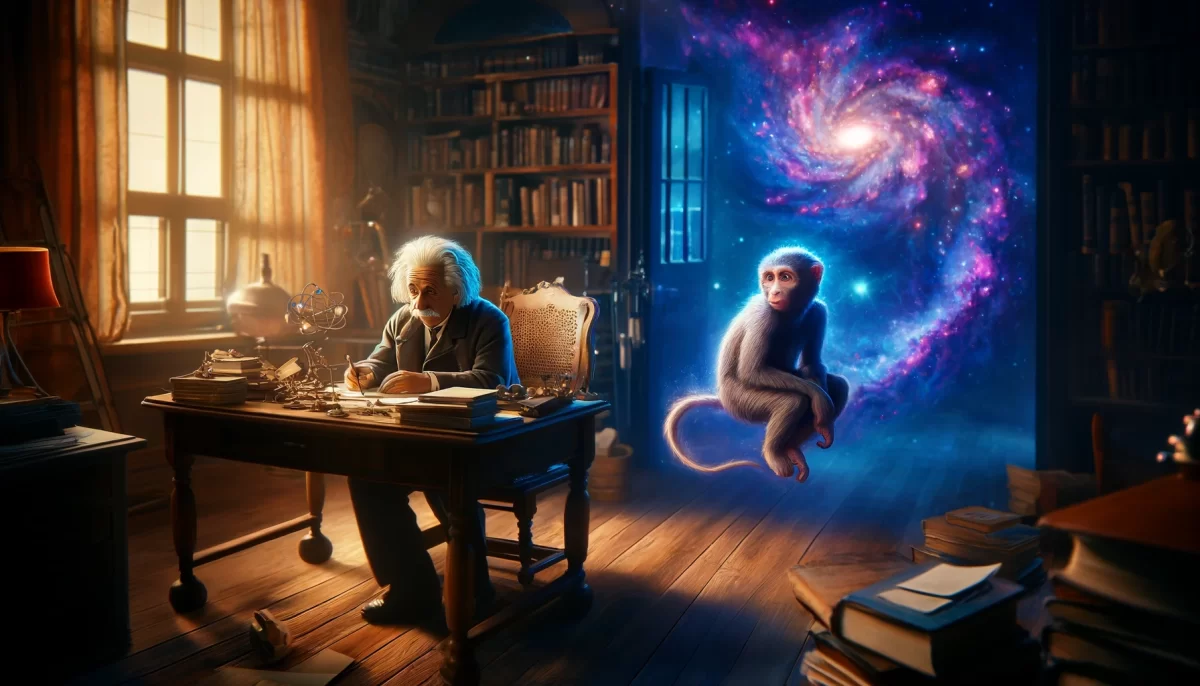
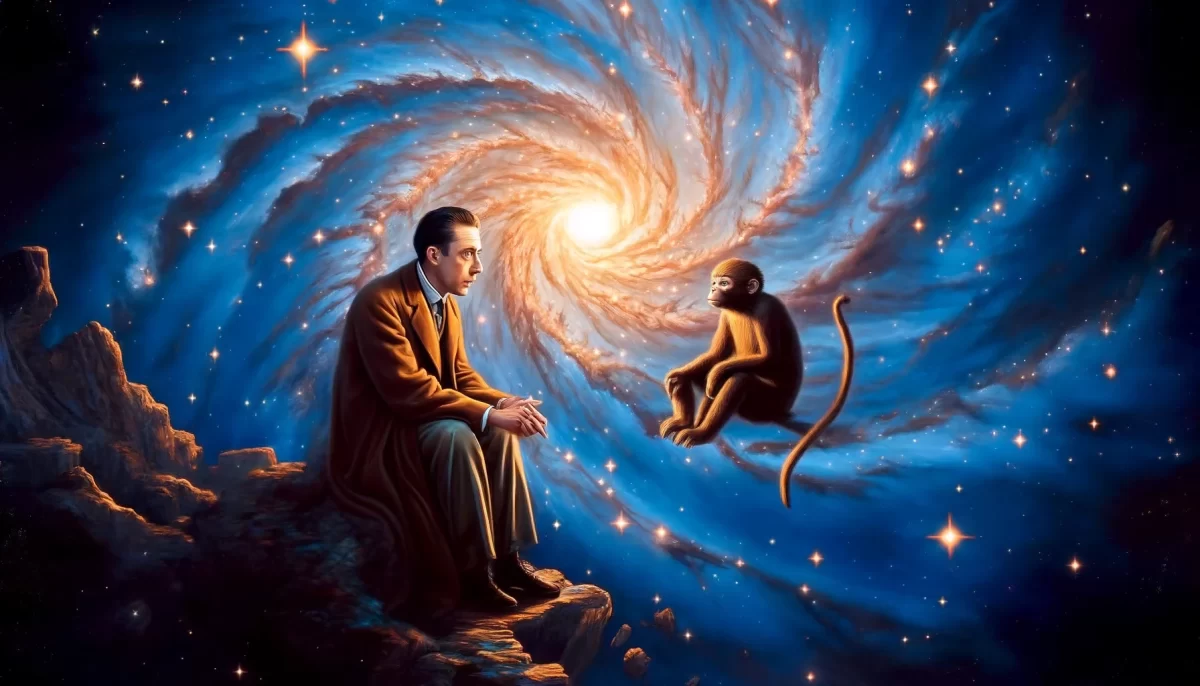
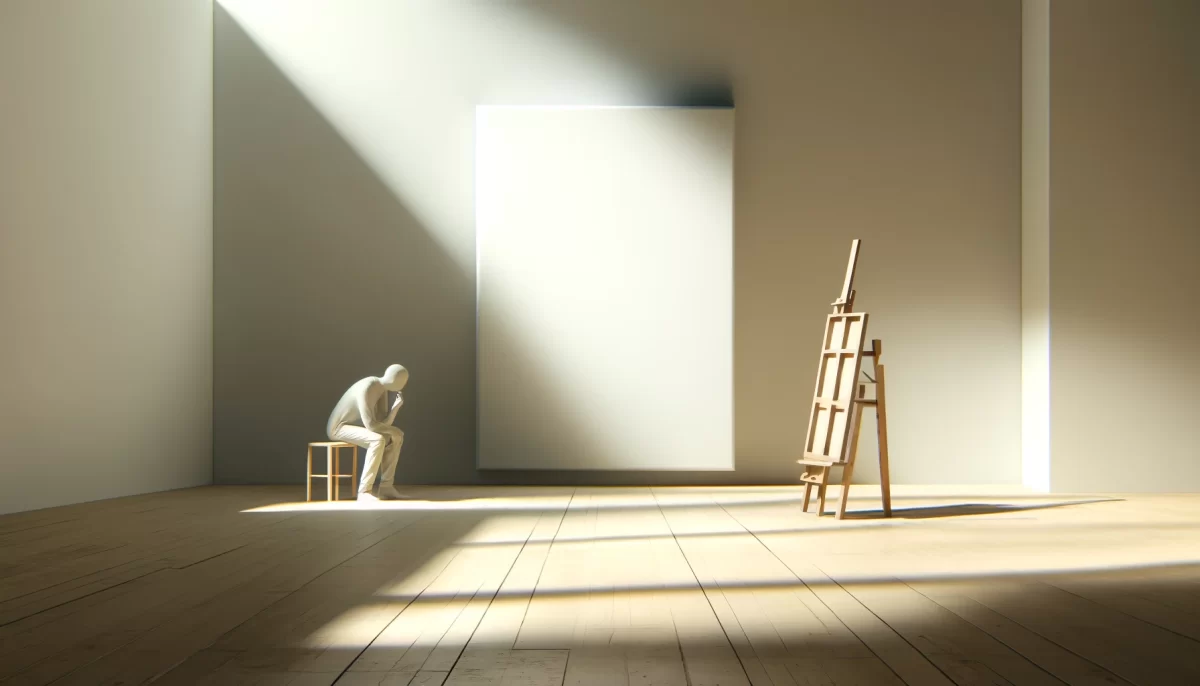

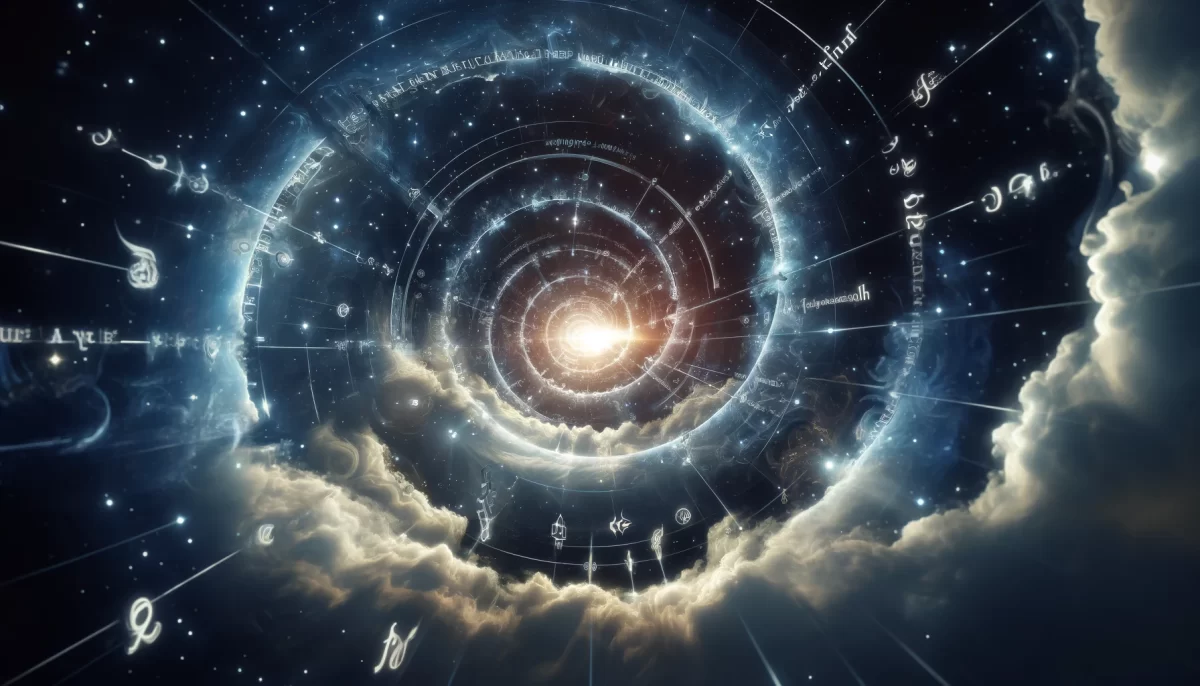


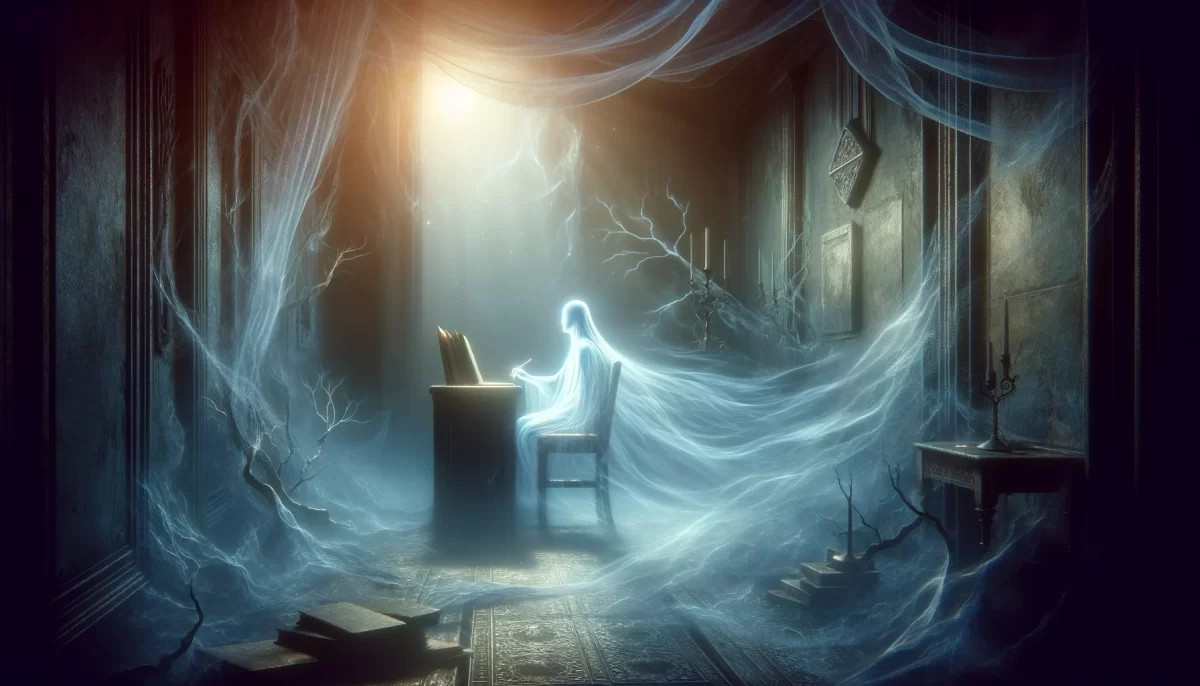
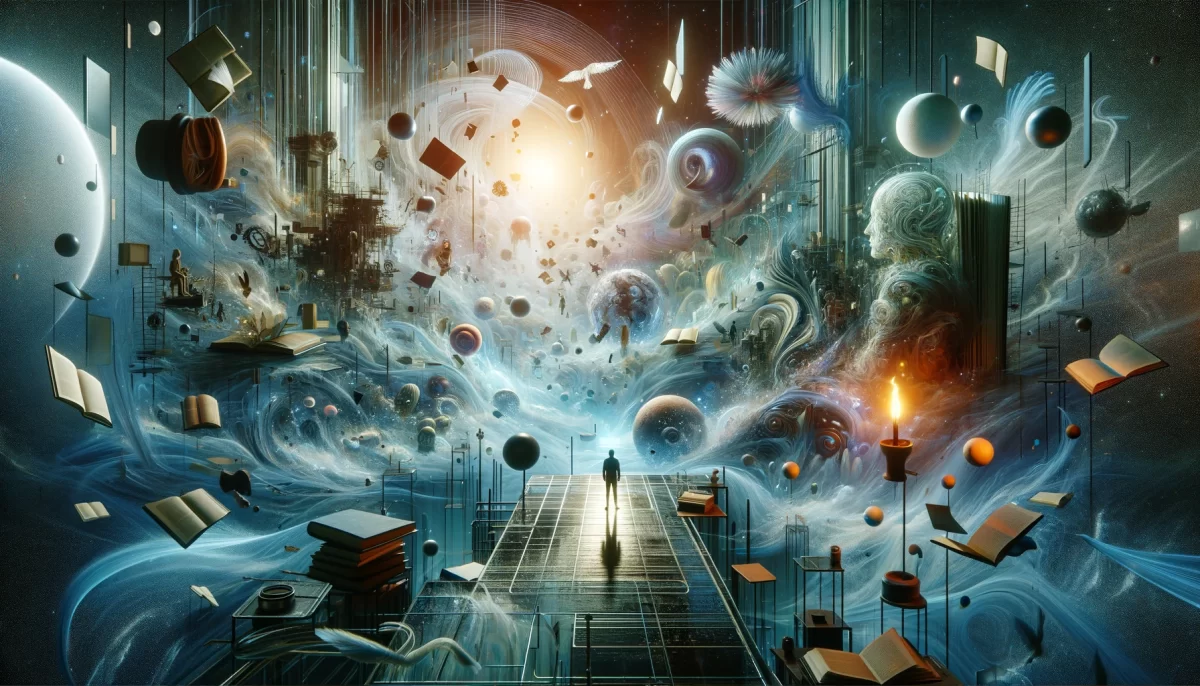
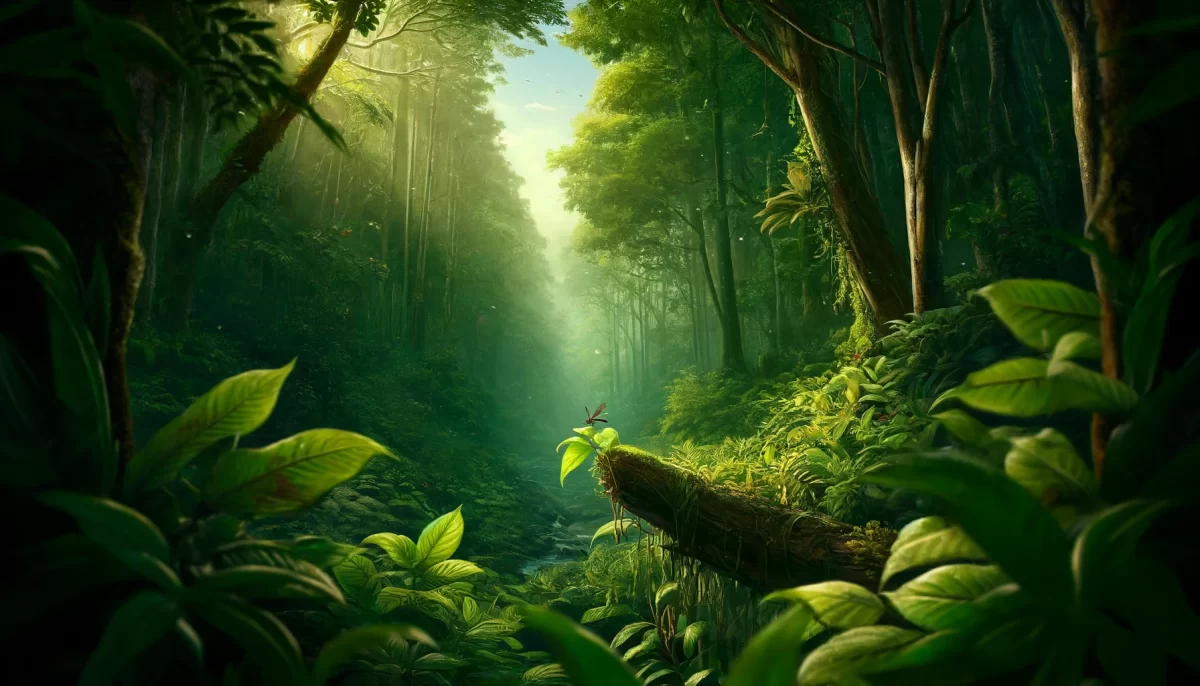
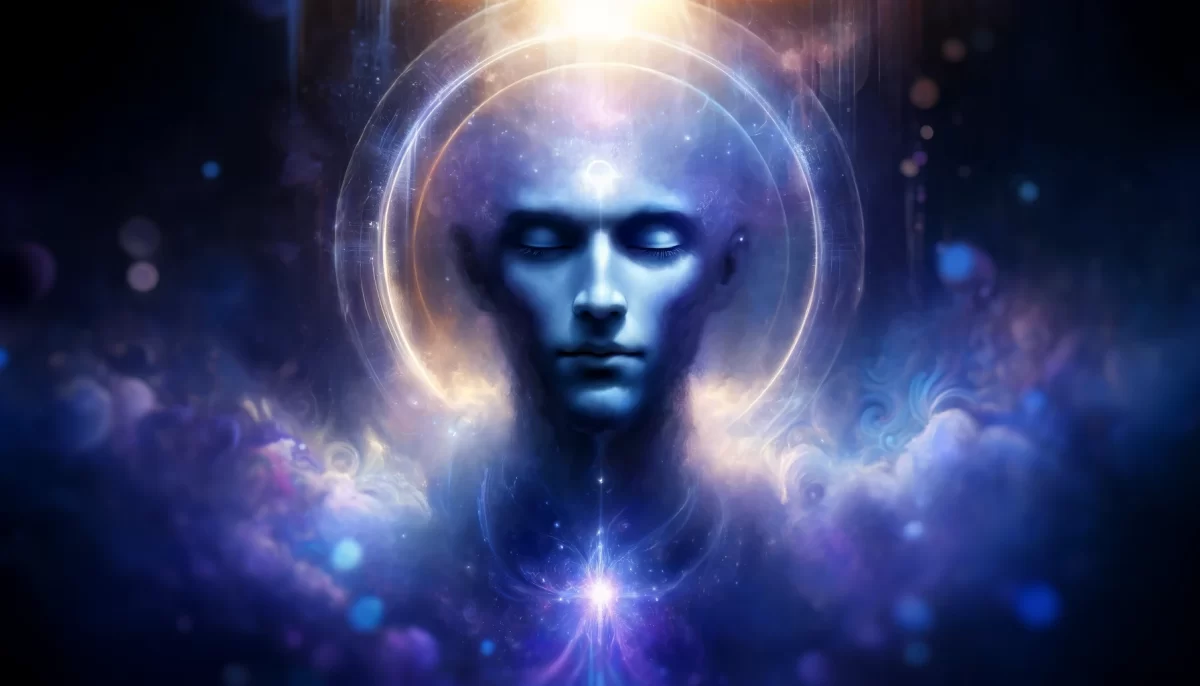
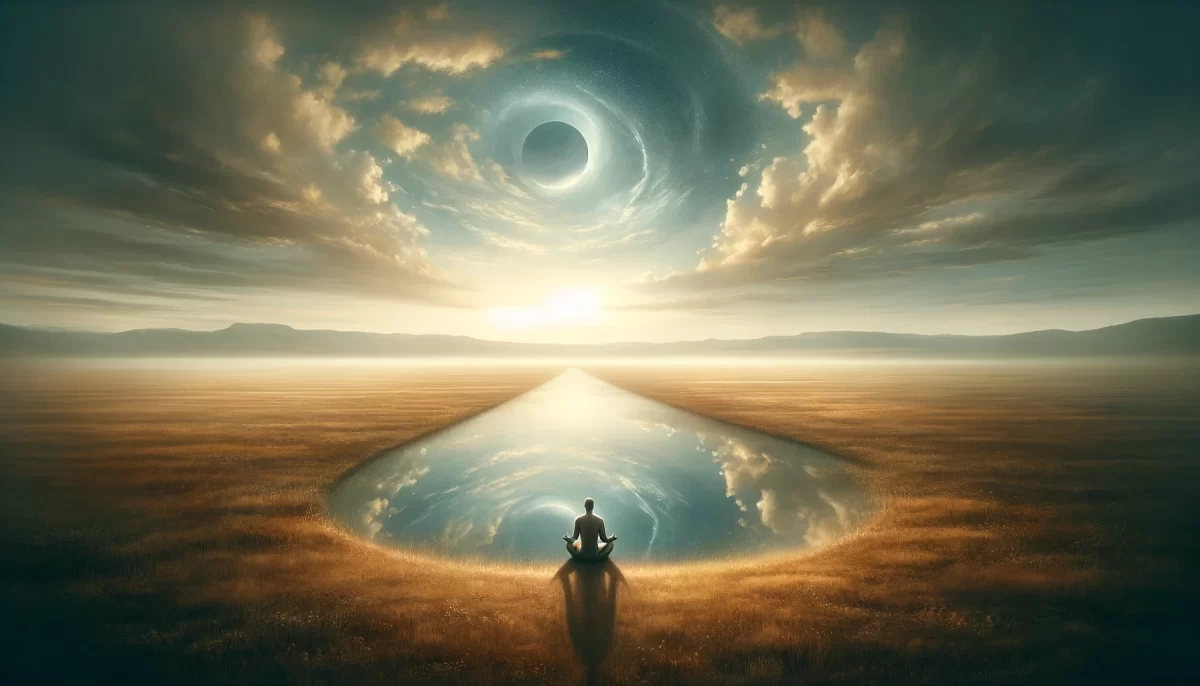
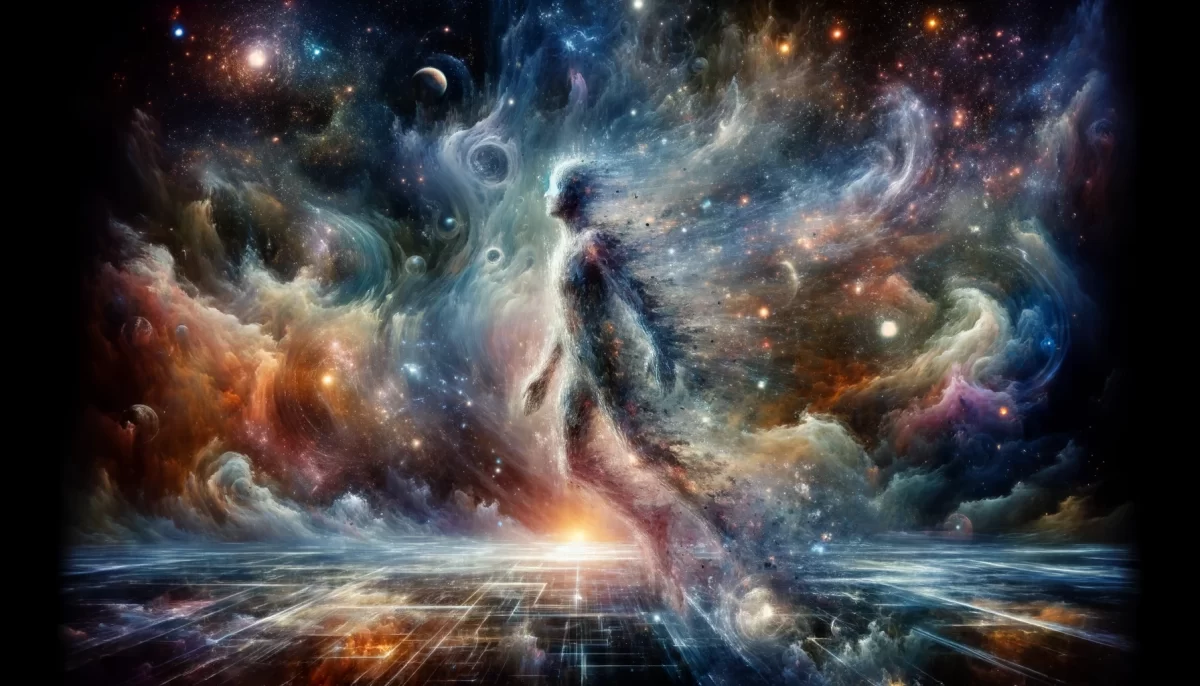
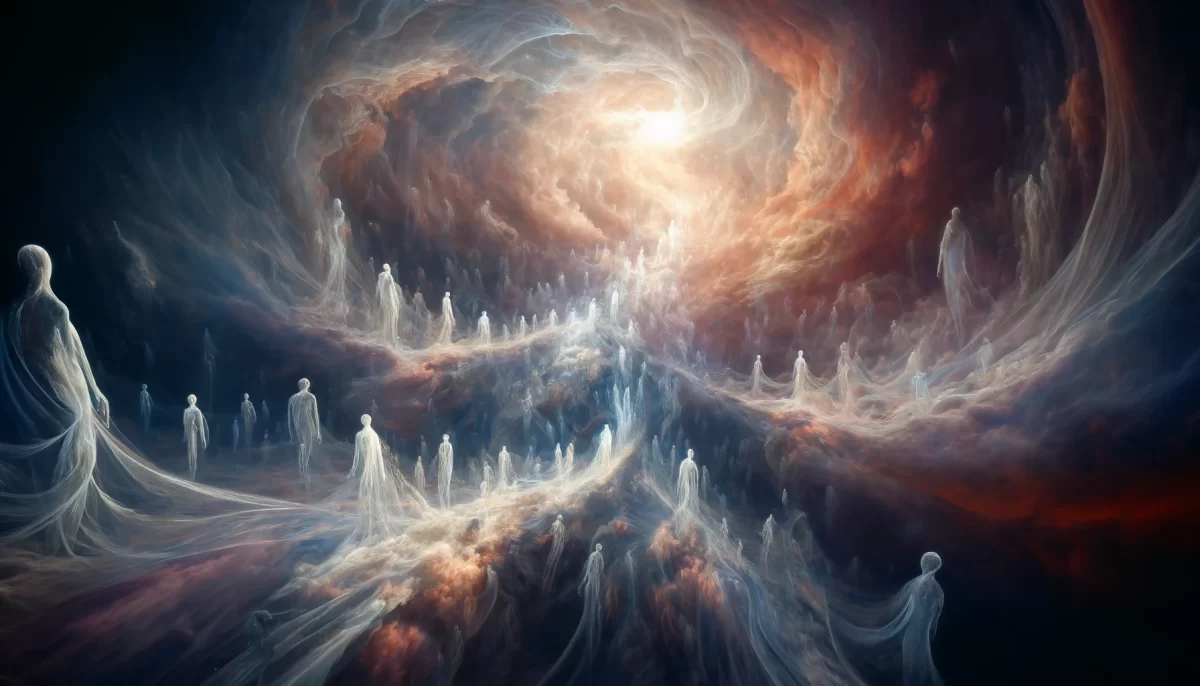
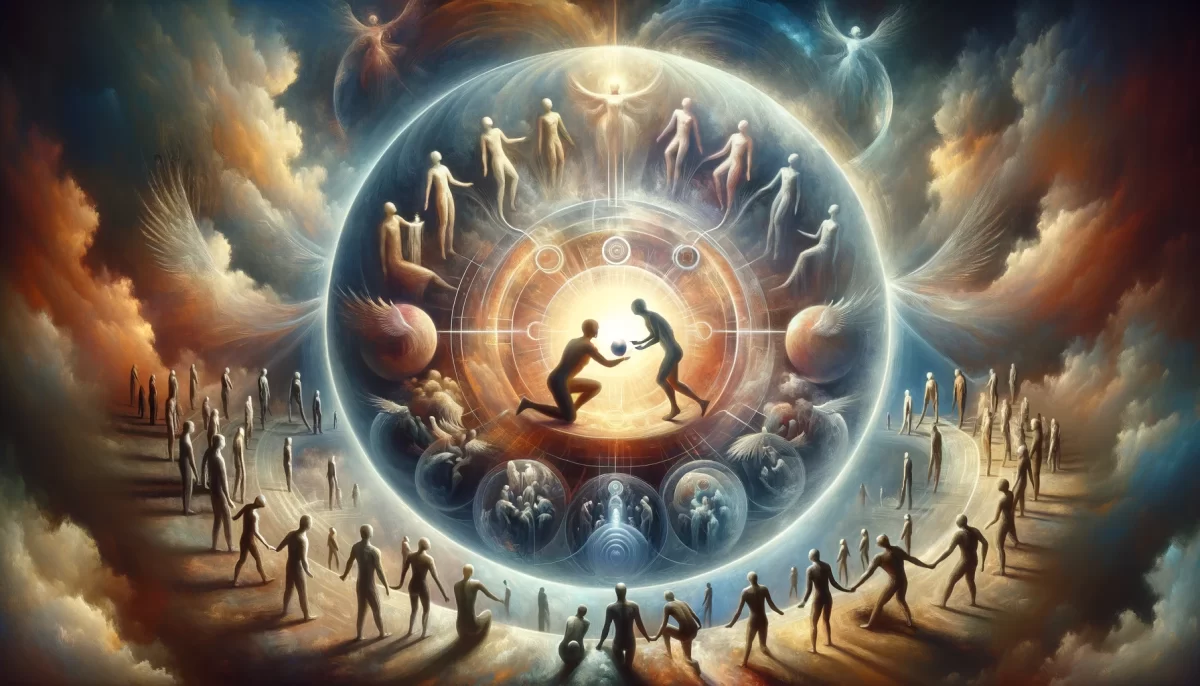
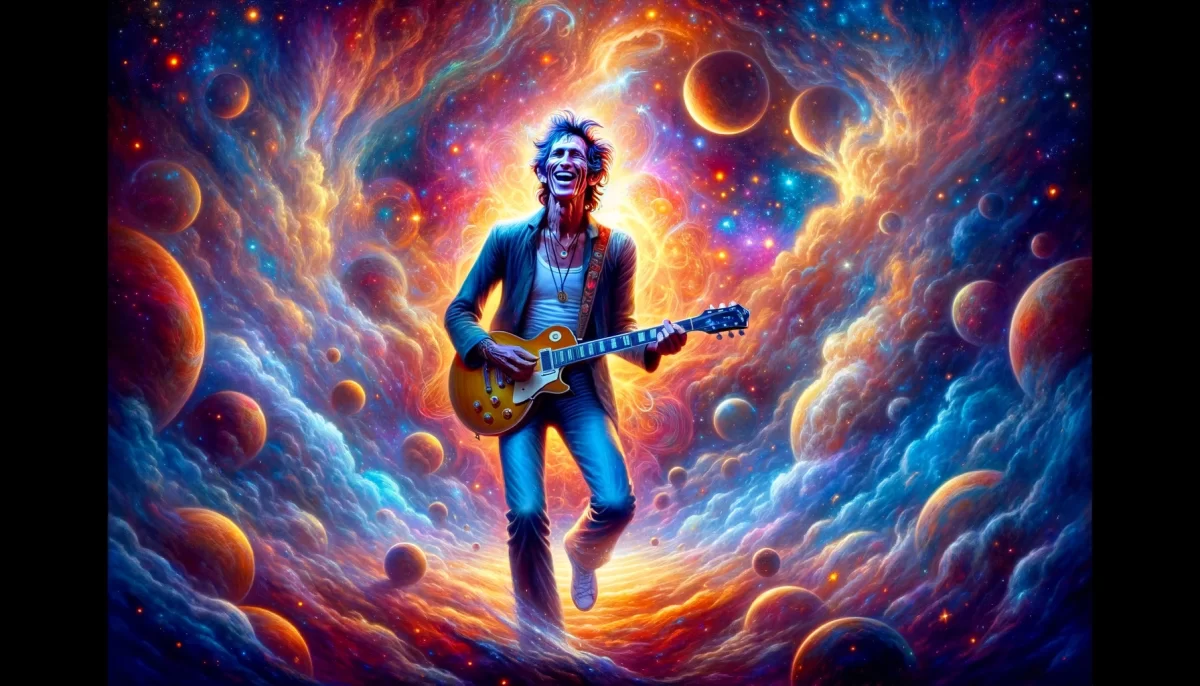
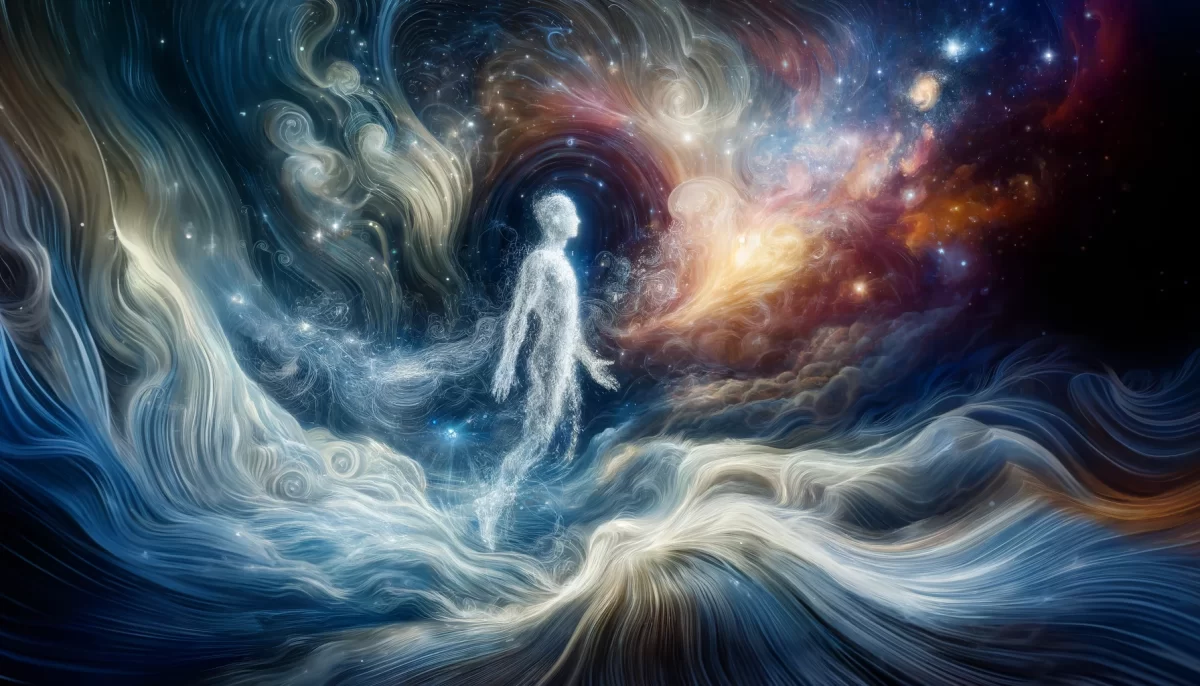
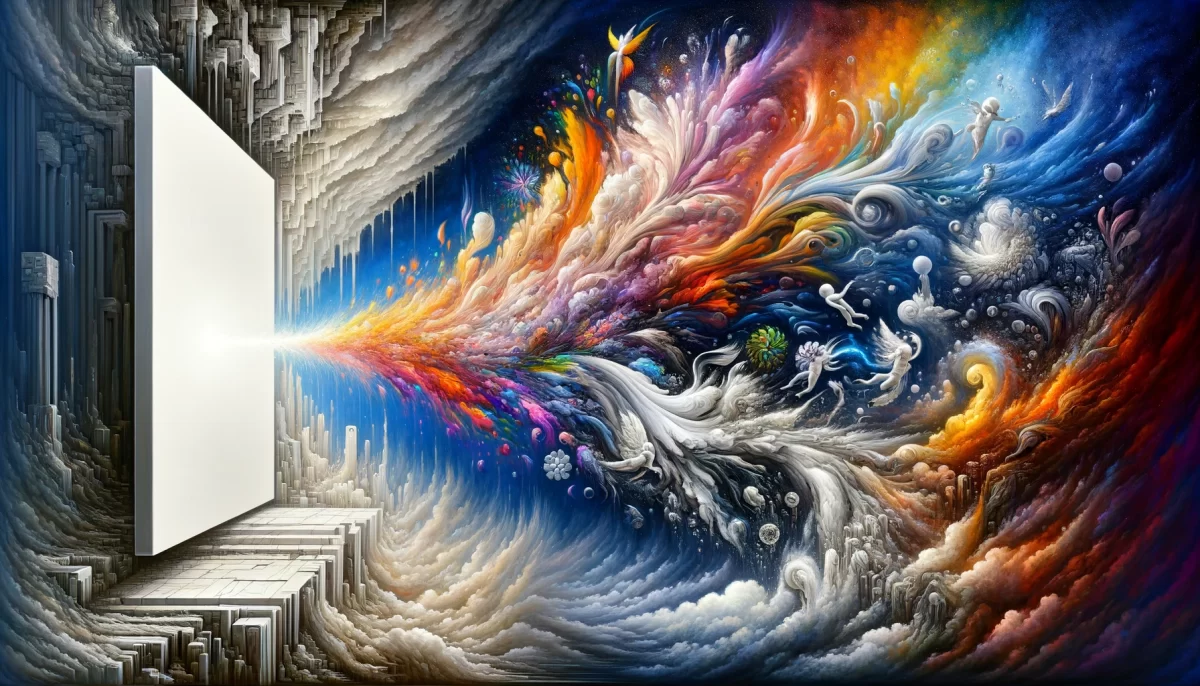
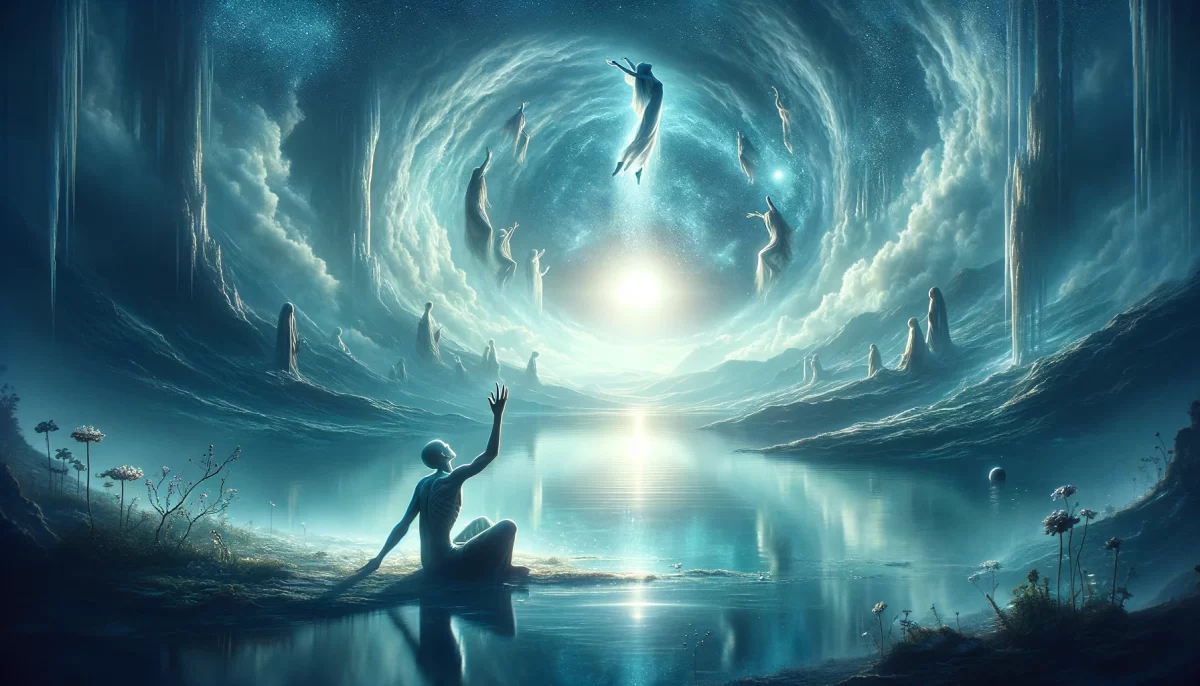
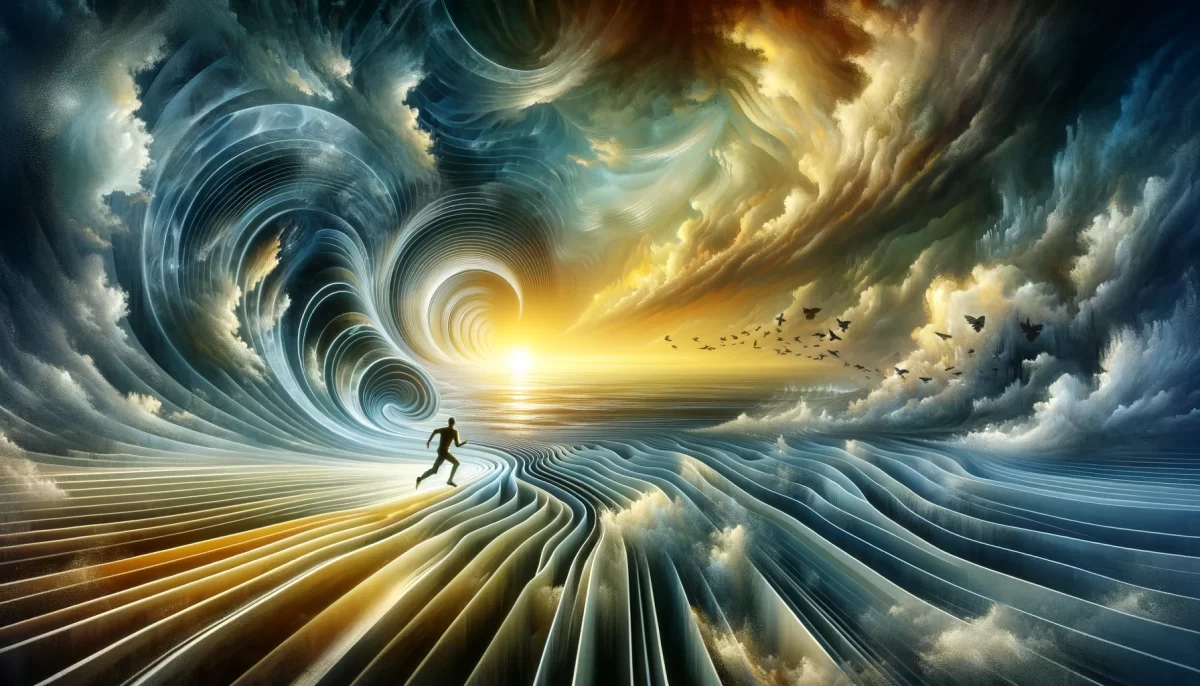
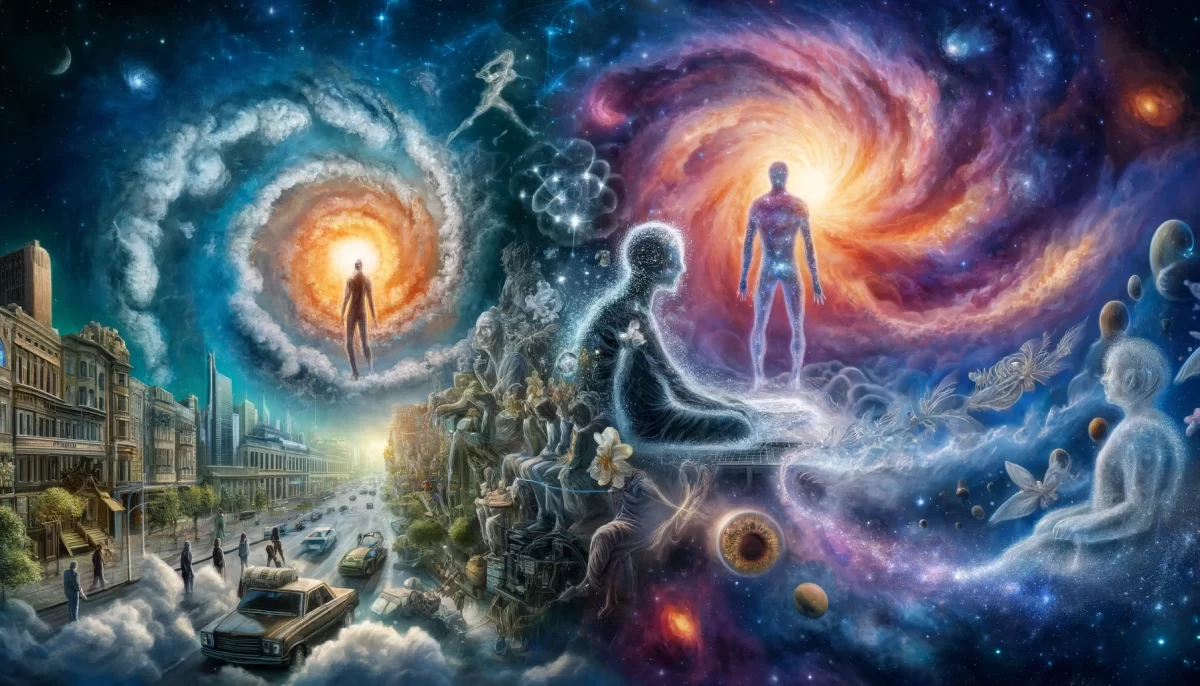

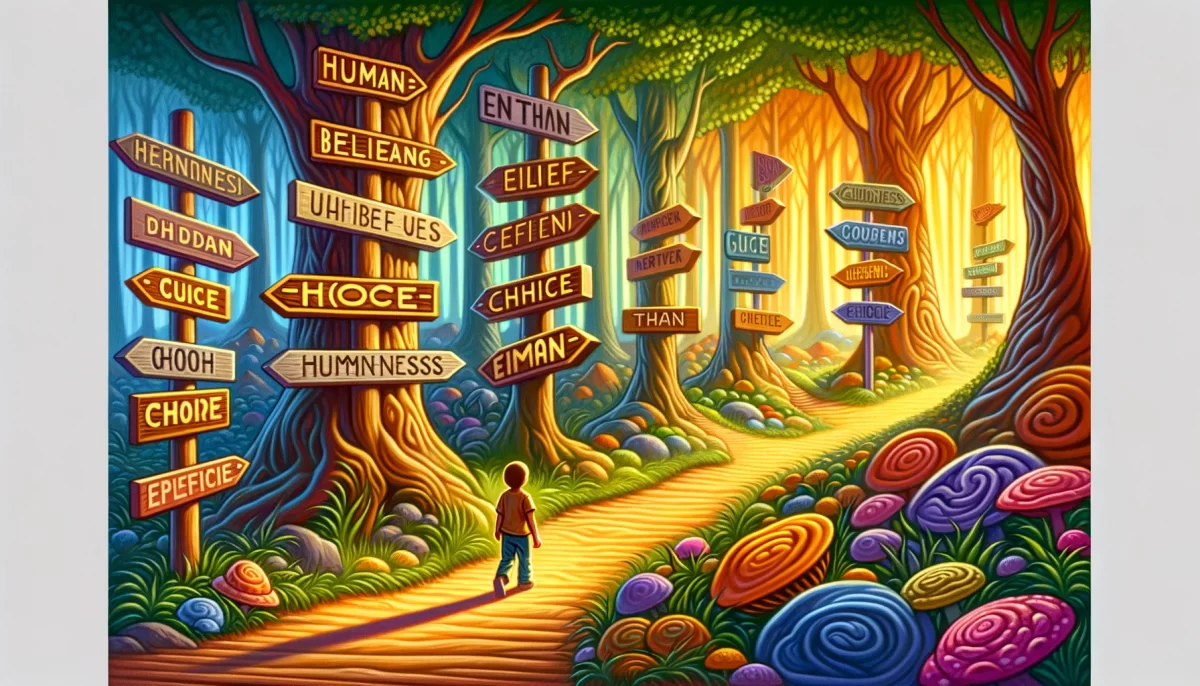
Leave a Reply